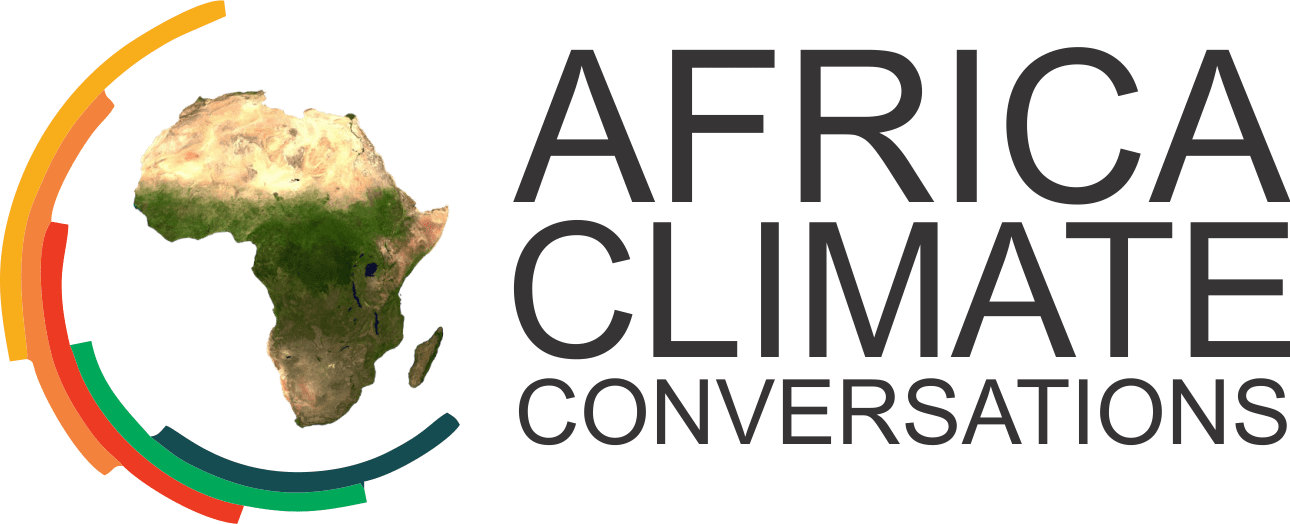
70 percent of GLF Africa participants were aged between 18 to 35 making up 3000 of the 7000 registered participants. Cities Alliance, a global partnership fighting urban poverty and promoting the role of cities, notes that almost 60 percent of Africa’s more than 1 billion people are under the age of 25, making Africa the world’s youngest continent.
The youth are a massive resource. The youth are technologically astute with a capacity to deal with technology compared to other age groups. They are more invested in sustainable means of Restoration and adaptation as climate change impacts their current and future livelihoods. But are they fully engaged? Do they have access to means of implementation? Do they have access to mentorship?
How to sustainably practise pastoralists in the age of climate change.
“Let us not look at land just as space needed to build houses and grow food but as open safe spaces where young people can meet and share innovative ideas”Diana Kyalo, a land right activists, founder, and writer at Land Pages told the Africa Climate Conversations.Amina Aden, a Research scientist at the Kenya Forestry Research Institute (KEFRI) currently, the only female forestry researcher in North Eastern Kenya, says the youths are not participating in critical decision-making processes. Aden believes involving youth and women would provide a mentorship ground and allow them to share their input.
This episode is part of the Restoration of the African Drylands series is a six-part series on the Global Landscapes Forum (GLF) Africa Digital Conference led by the Center for the International Forestry Research (CIFOR) and the World Agroforestry Centre (ICRAF), in collaboration with its co-founders UNEP, the World Bank, and its Charter Members.
